
-
Health and Wellbeing Whilst Working from Home
We hope you are keeping well during this difficult time. Please see below; a few handy tips to stay positive during isolation.
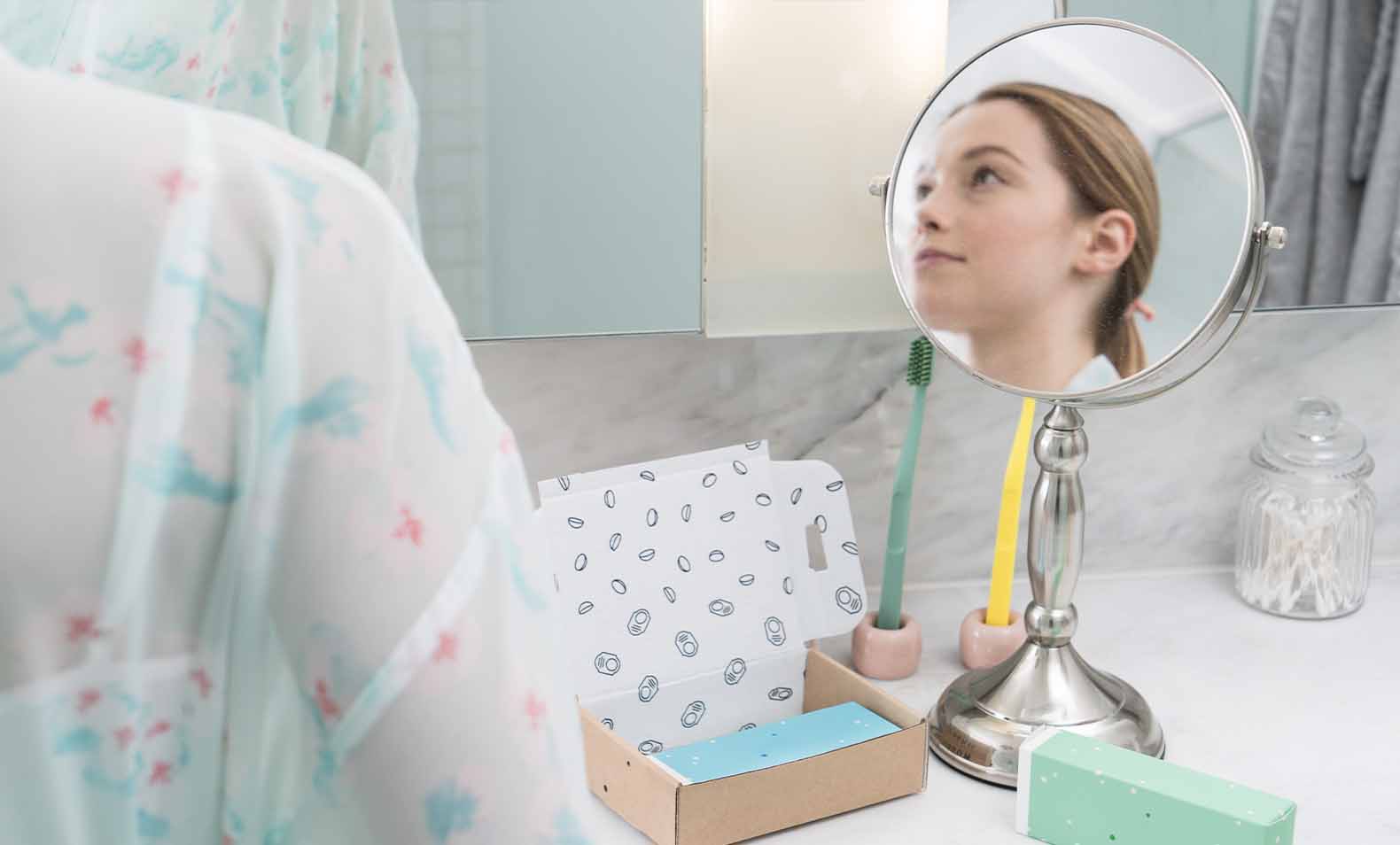
1. Get set up
-
Waking up
Although you may have some extra time in bed without a commute, aim to wake up around the same time every day. This helps stabilise your internal clock and improve your sleep overall. You’ll feel less tired, more refreshed, and find it easier to concentrate throughout the day. -
Getting ready
Keep to your established morning routine if you can – get ready, washed, and dressed as if you are going to work. Keeping a daily routine can help us feel more in control and cope with the current situation. -
Setting up your workspace
Try to set aside a work area separate from your sleeping area, as this will help to prepare you for work mode and make it easier to switch off at the end of the day. You don’t need a home office to do this – a small desk set up in a corner of your room, or a laptop at the end of the kitchen table can do the trick.
Clear your work surface of clutter and set up your equipment to avoid physical strain – do a self-check using this NHS guidance. If you don’t have a chair with back support, you could add a firm pillow.
The Health and Safety Executive (HSE) also has useful advice to help reduce display screen equipment (DSE) risks and achieve a reasonable posture whilst temporarily working at home. This advice can be found here on the HSE website.
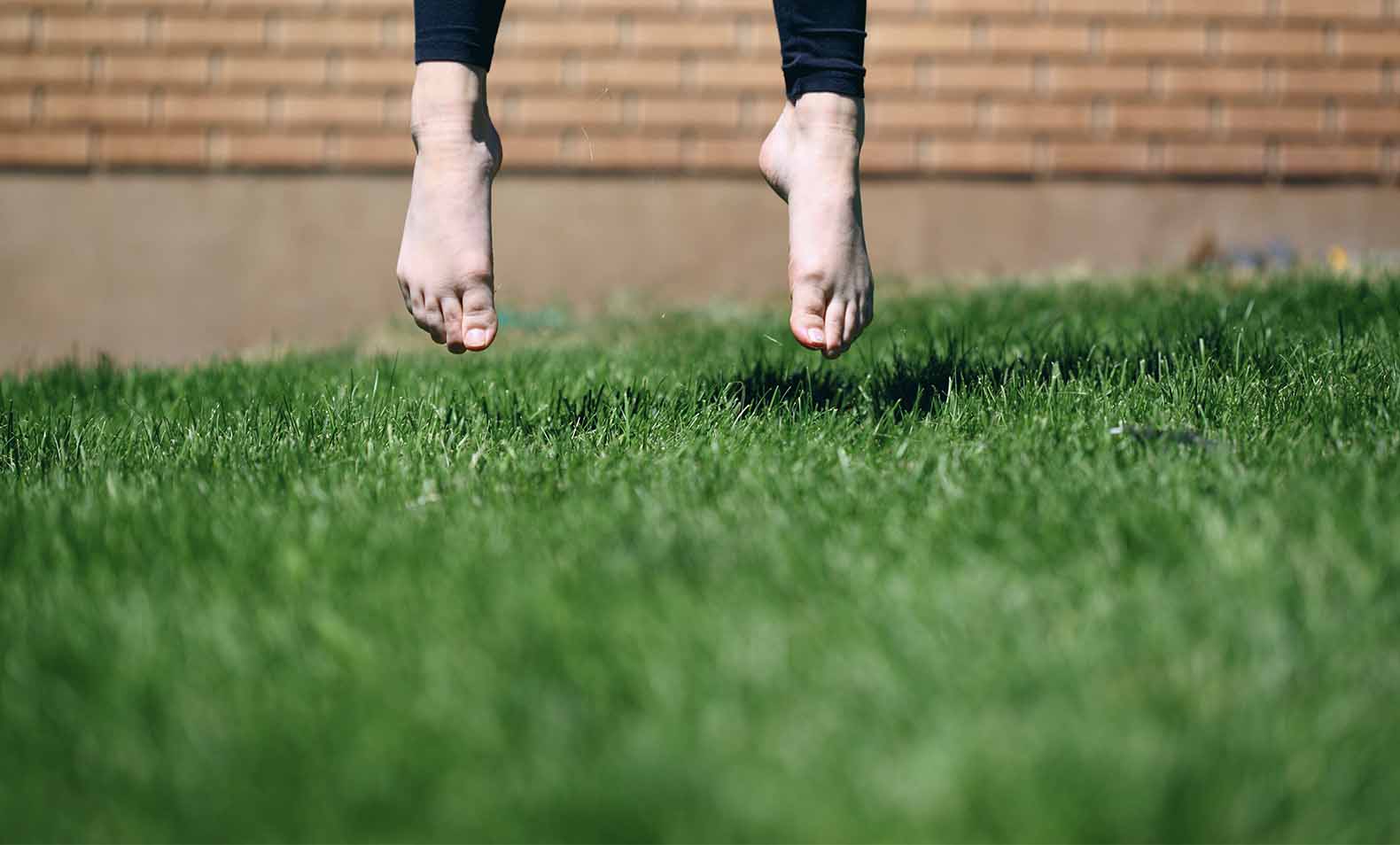
2. Get moving
Including some movement into your work from home routine will help maintain your physical and mental health.
Physical activity improves your mood, reducing anxiety and stress, as well as making you feel more awake and alert, improving your concentration and sleep.
- Outdoors
If you’re not self-isolating, take advantage of the daily hour of exercise by going for a walk or a run, enjoy being out in nature. Try to exercise outside in to green spaces if you can. Go out into your garden, if you have one. Do not feel guilty about going outside to exercise. Observe the government’s rules on social distancing (staying 2 metres apart from others) and enjoying exercise for an hour a day outside of your home.
Try going for a walk or a jog down the street before you start work for the day – this can help you to feel like you have mentally ‘arrived’ at work. - Indoors
If you’re indoors, look online for an activity that suits you, such as a home yoga video or a fitness class. Some gyms are now live streaming their classes, so you could even join a fitness community in your local area.
Getting some exercise at home or in the garden when you finish your working day can help you to leave your work mindset behind and switch off.
No matter what exercise you choose, try to take regular screen breaks and stretch throughout the day. Try to take a clearly defined lunch break and move away from your workspace.
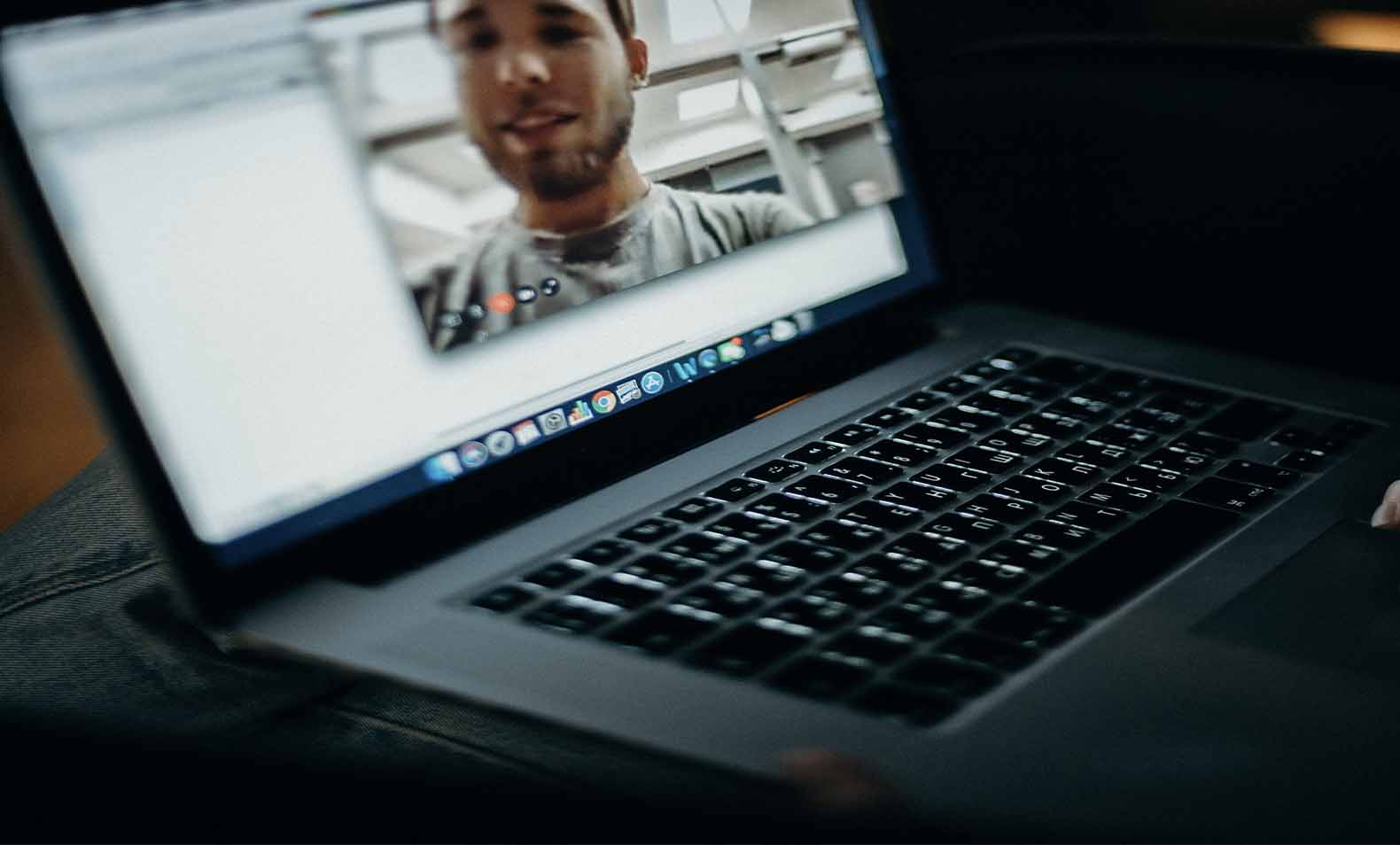
3. Get Connected
- Adapt your working style
Make sure you keep communication open with your team, as often and frequently as possible. Here are some suggestions:
Video calls instead of emailing,
Short check-in and check-out calls between managers and their teams, at the start and end of the workday,
Optional Q&A sessions for colleagues to dial in and chat through any concerns or queries they have about working from home. - Virtual social sessions
If you usually schedule time in the workday for an activity or exercising with your colleagues, continue to make time for this over webcam or phone. Here are some ideas
that you may enjoy:
Turning your morning or afternoon coffee break into a virtual coffee break,
Sharing photo updates of your lunchtime walk/run,
Online quiz session. - Say hello
If you’re working on the same document as another team member in the cloud, stop and say hello to each other. - Share your space
If you’d like to share your working space, why not give your colleagues a webcam tour? Or show off your pets at the end of a team catch up.
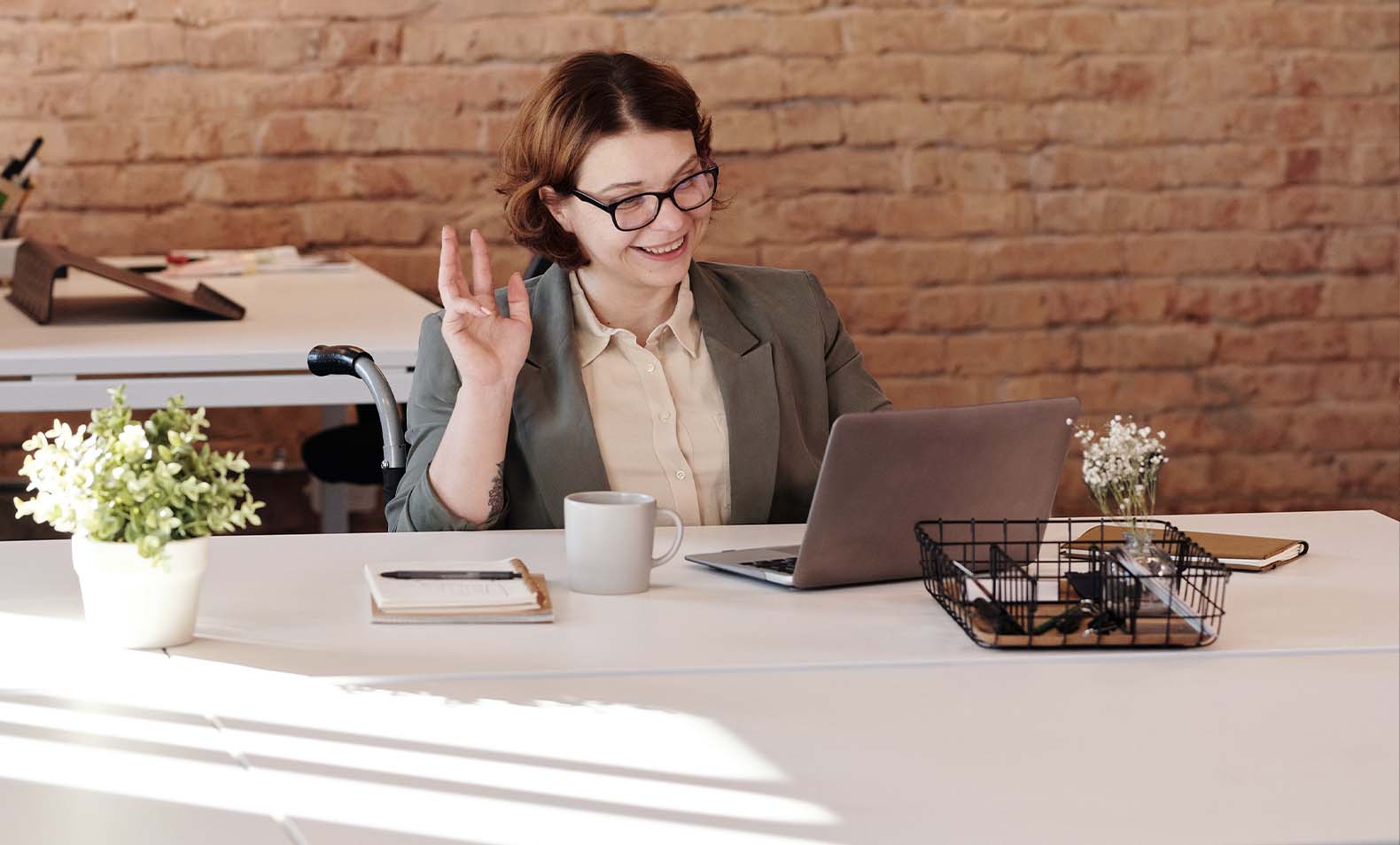
4. What you can do
Whilst in isolation, even if we are isolating with other people, we may still feel alone.
Try to connect with family and friends using telephone, Zoom, Skype etc.
Organise events with your friends, e.g. do a 'pub quiz night' on zoom, organise a virtual breakfast with work colleagues.
Can you help others?
Does a neighbour need help with shopping?
Have a chat with your neighbours over the garden fence, observing 2 metre social distancing rules.
-
Try to accept what you can't change.
If you have worries or problems, write them down.
Write a column of the things you can change and use a column for the things you can't change.
Think of the opportunities in this situation - we have been given the gift of time. -
Try meditation
Try meditation, this clears your mind and resets our focus. Have some 'me' time and take regular 5 minute breaks. Practise deep breathing, Google meditation techniques that can be done from home. -
Look after yourself
Self-Care Tips
Set aside time to prioritise self-care: -
Practise mindfulness
Mindfulness Advice
This is useful for managing personal stress and anxiety in a difficult situation. To help maintain a good work/life balance.

5. Additional support
For more support and information on mental health and Coronavirus, please visit:
- The Mental Health Foundation: Advice on looking after your mental health during the coronavirus outbreak.
- Mind: An excellent resource if you're feeling anxious or worried about coronavirus and staying at home or self-isolating.
- NHS: Every Mind Matters: Expert advice and practical tips to help you look after your mental health and wellbeing.
If you're feeling anxious or isolated, remember that support is out there.
- Speak to your Line Manager or HR
Talk to your Line manager or a member of the College’s Personnel Team or contact the College’s Staff Support Service on 0151 330 8103. - Mental health helplines
Samaritans offers free, confidential support 24 hours a day on 116 123.
Click here for a list of national mental health services and helplines.
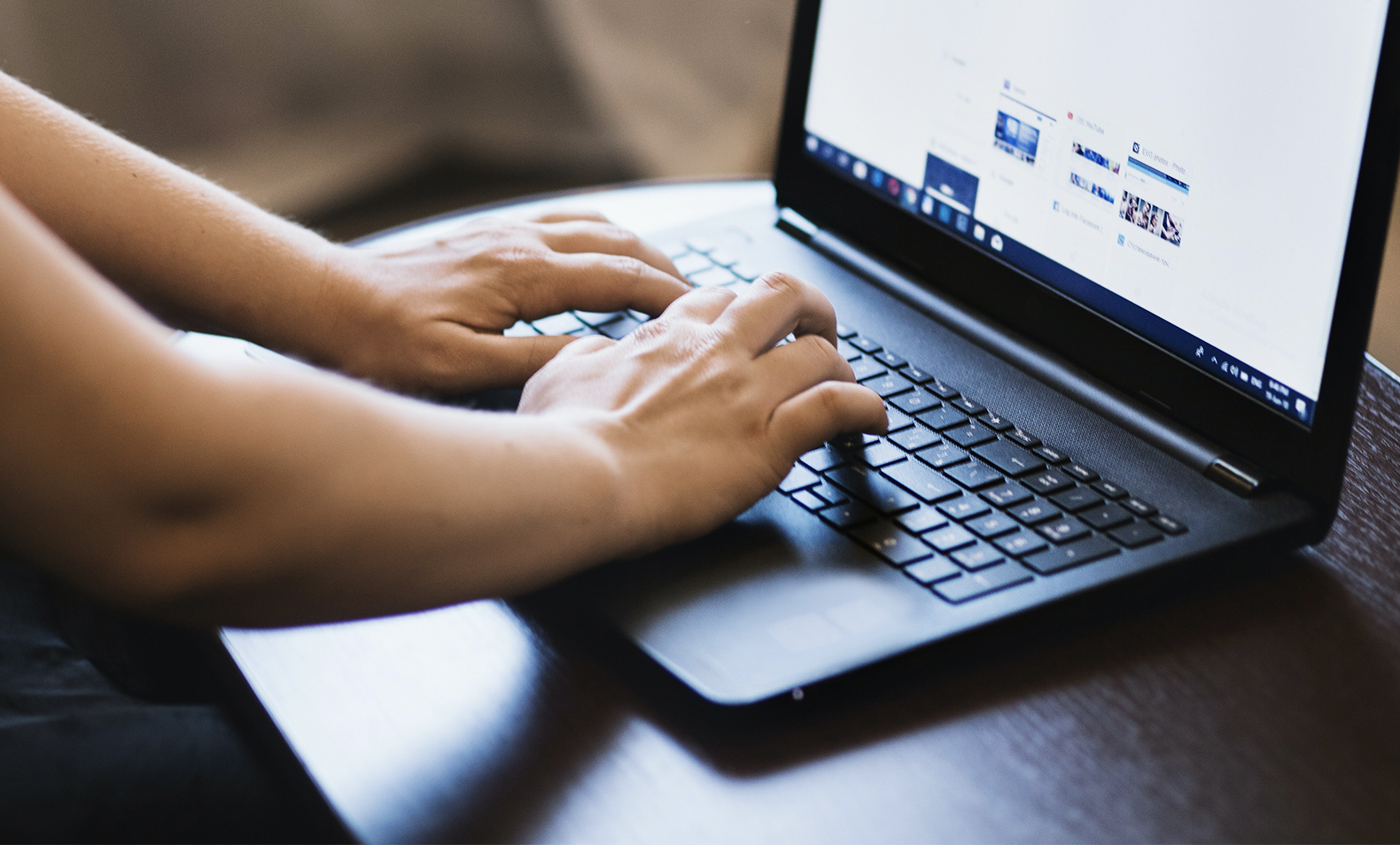
6. Online Training
The College has also identified two free online training packages that provide some useful strategies for reducing stress and include some basic mindfulness techniques.
The packages are provided by Creative Education and each package takes about 30 minutes to complete. Staff who wish to complete these packages will first need to create an account with Creative Education.
We would recommend that you complete the following training:
1. Covid-19: Staying Mentally Well
-
Display Screen Equipment
DSE advice for those temporarily working at home:
The HSE has advice for those working from home on a temporary basis during the coronavirus pandemic.
There is no increased risk from display screen equipment (DSE) work for those working at home temporarily, so in that situation employers do not need to do home workstation assessments.
The link below provides useful advice to help reduce DSE risks, showing how you can achieve a reasonable posture, while temporarily working at home.